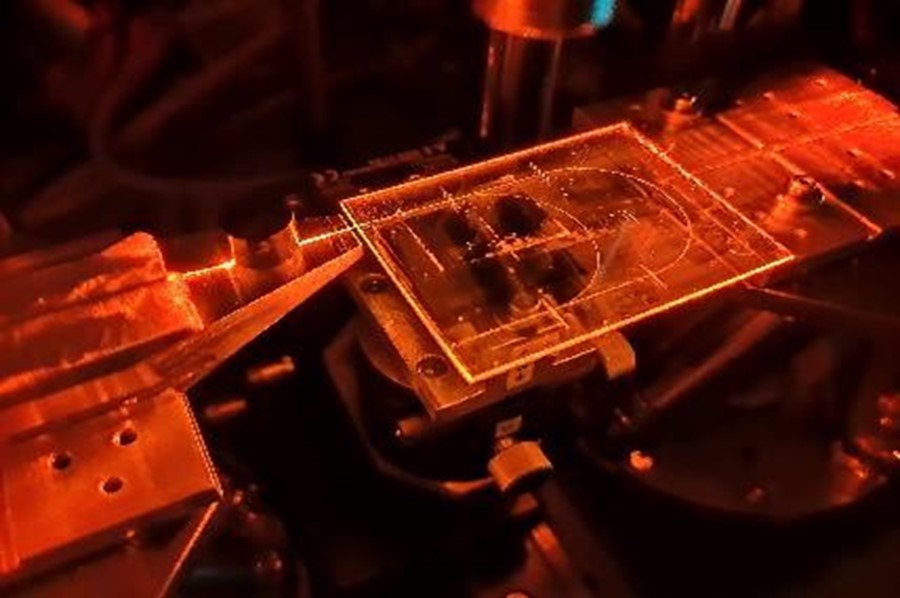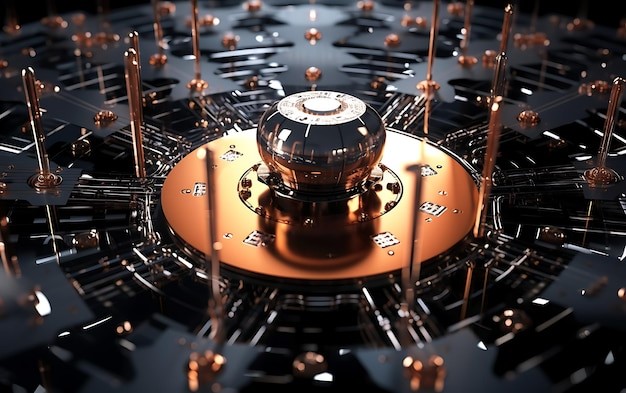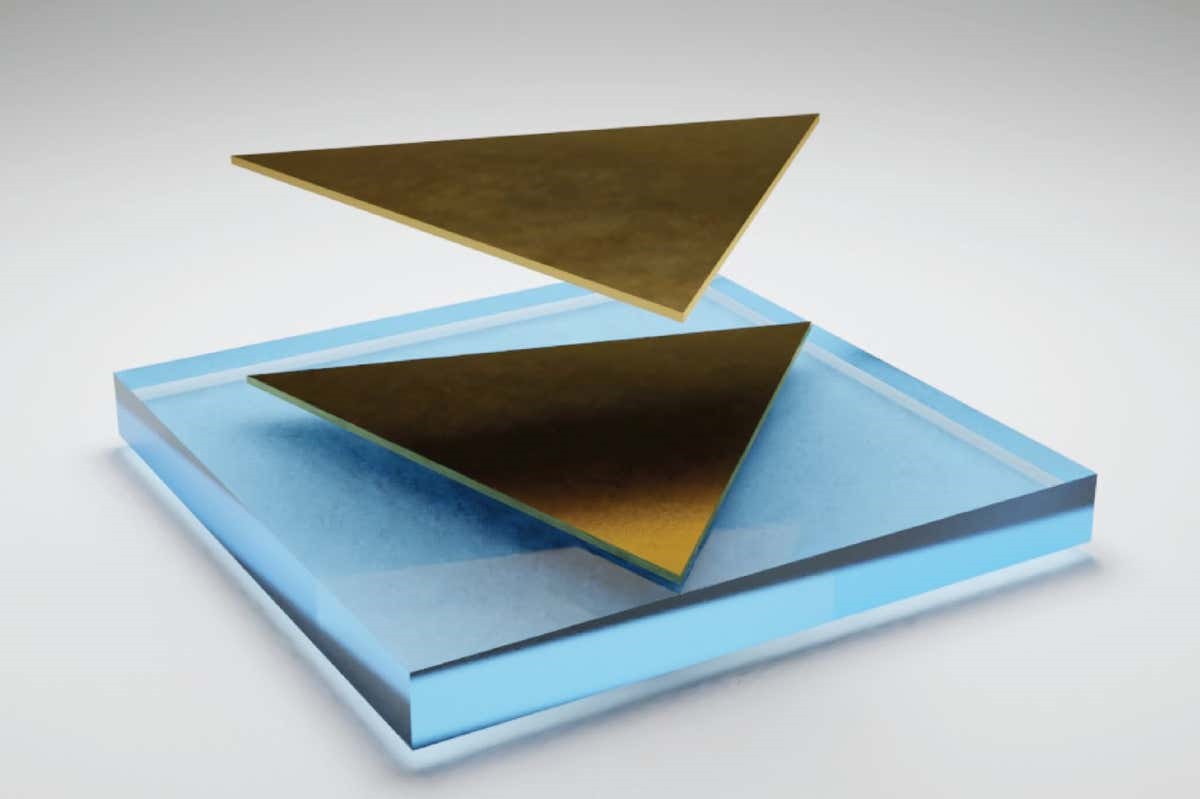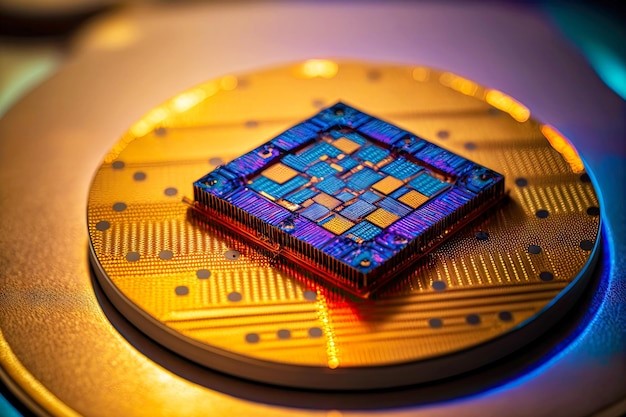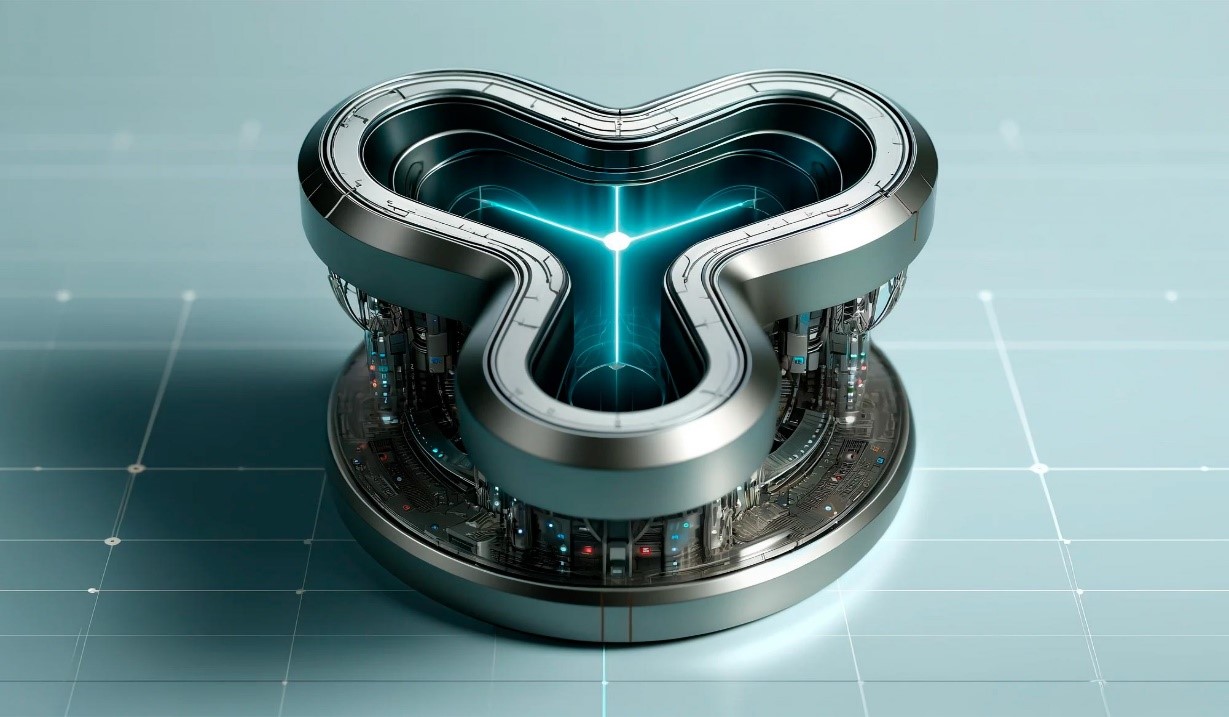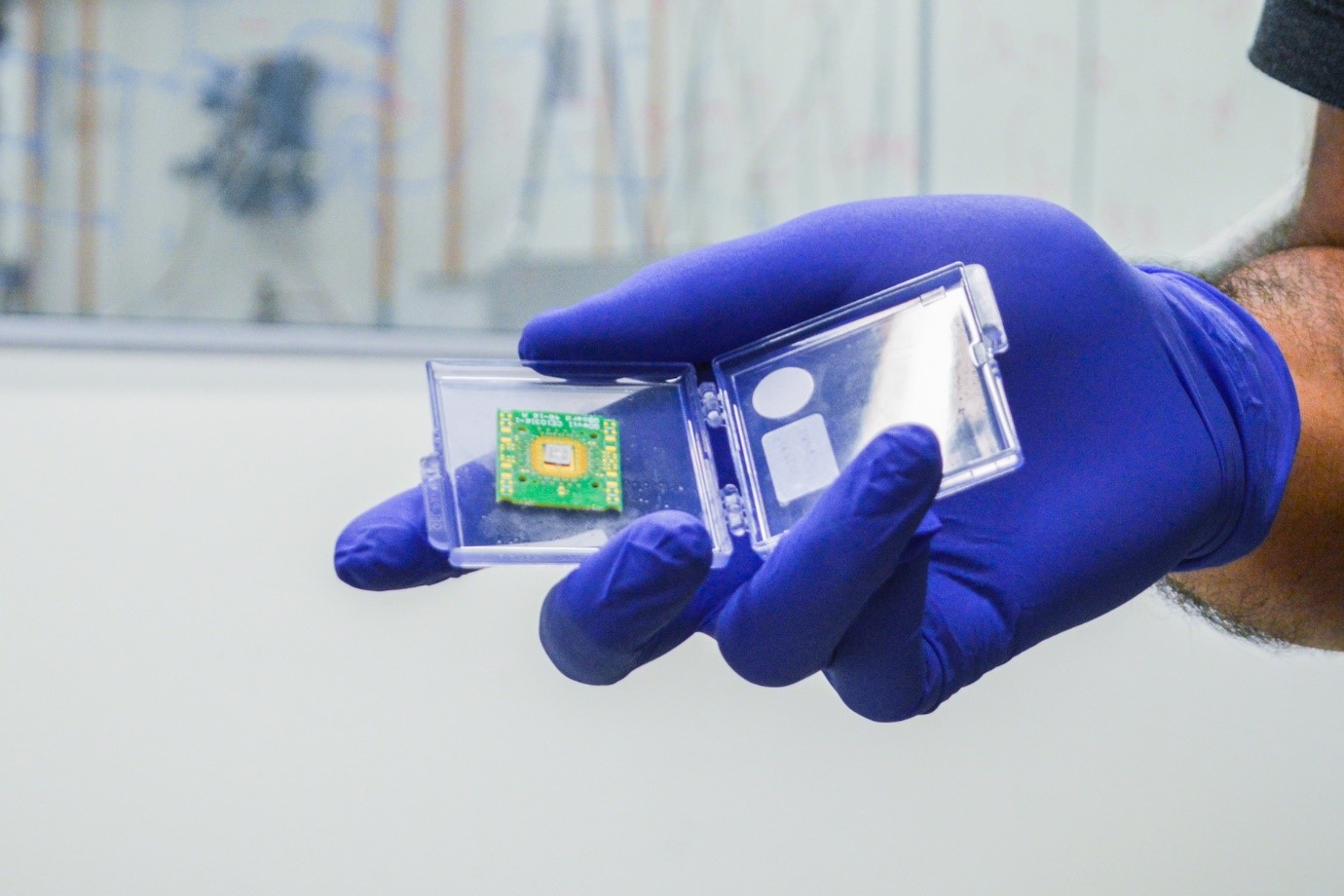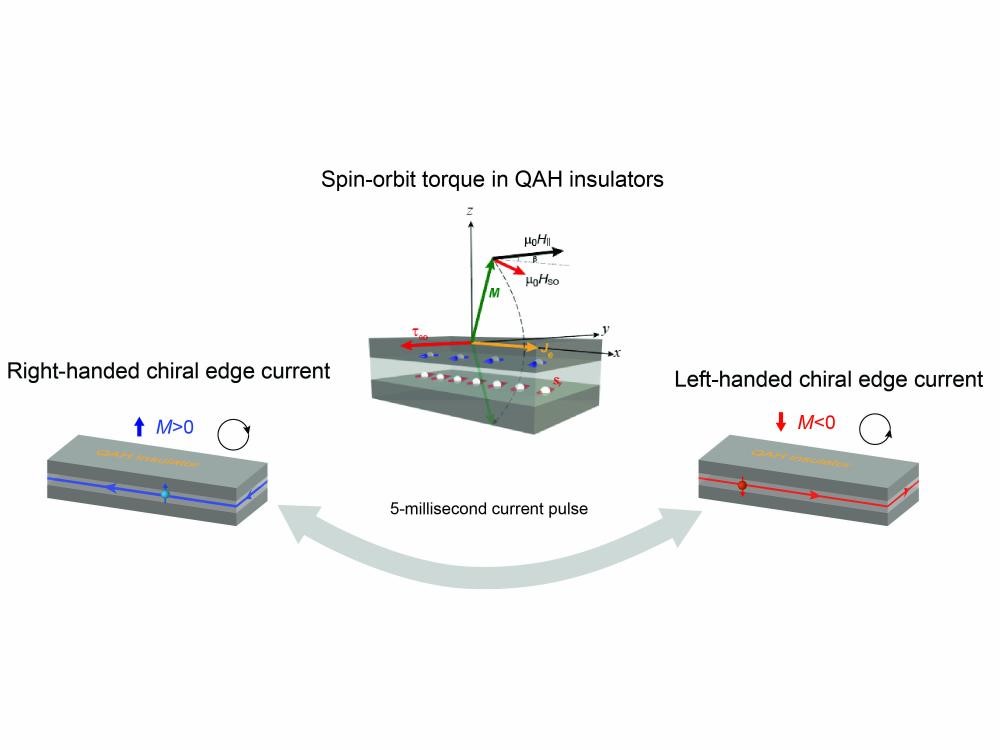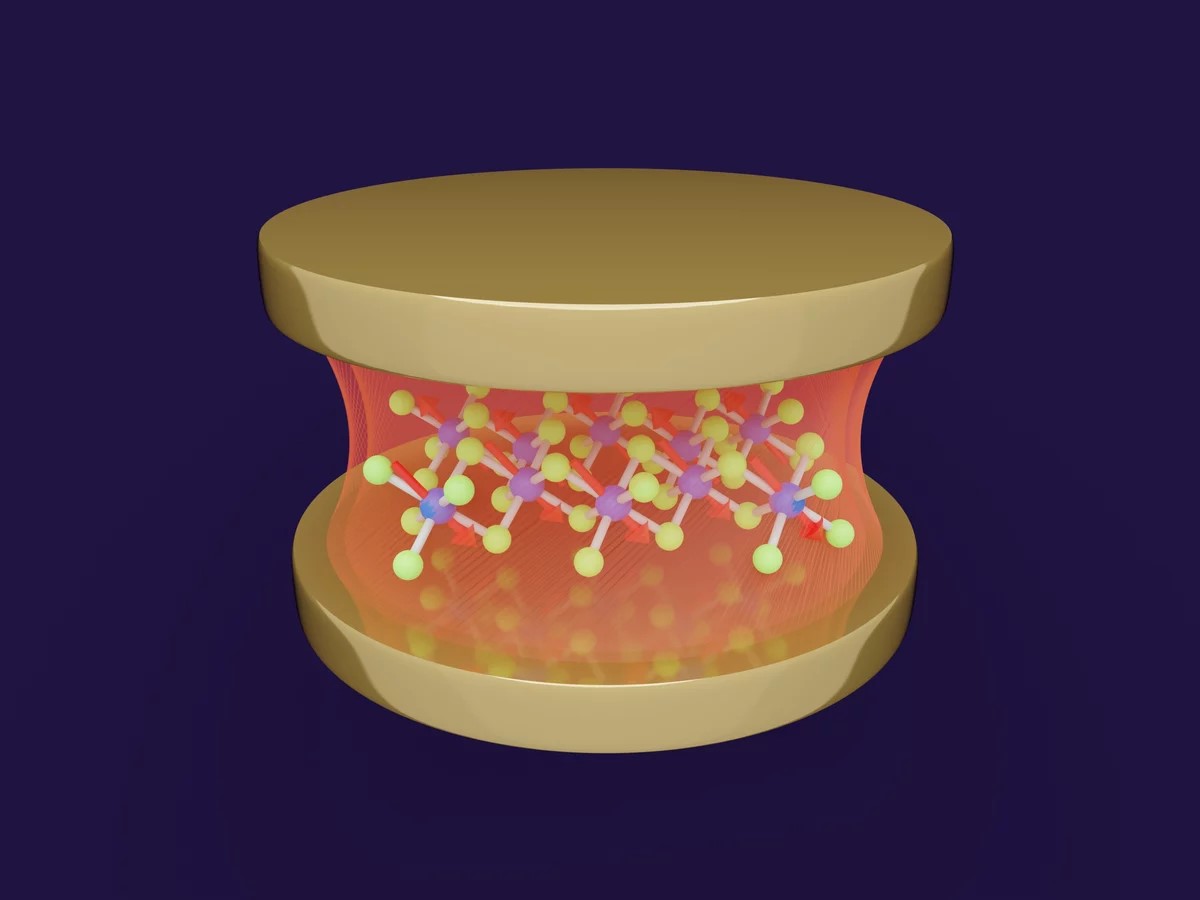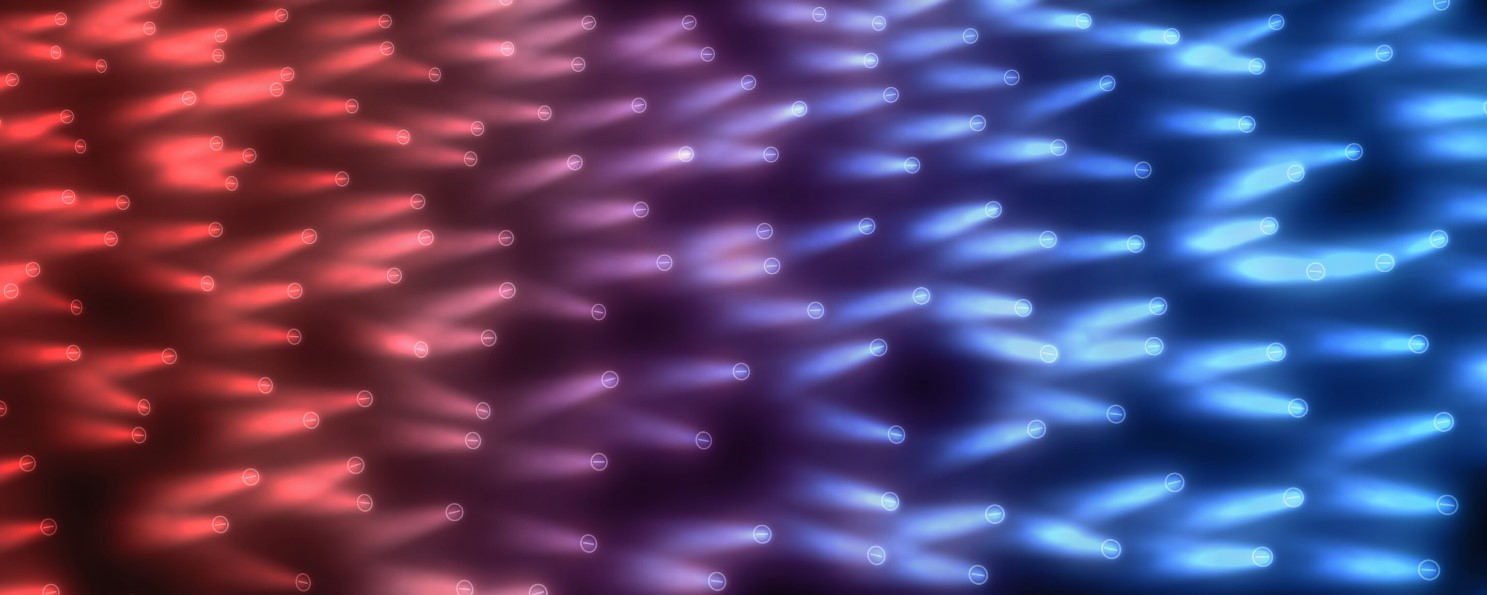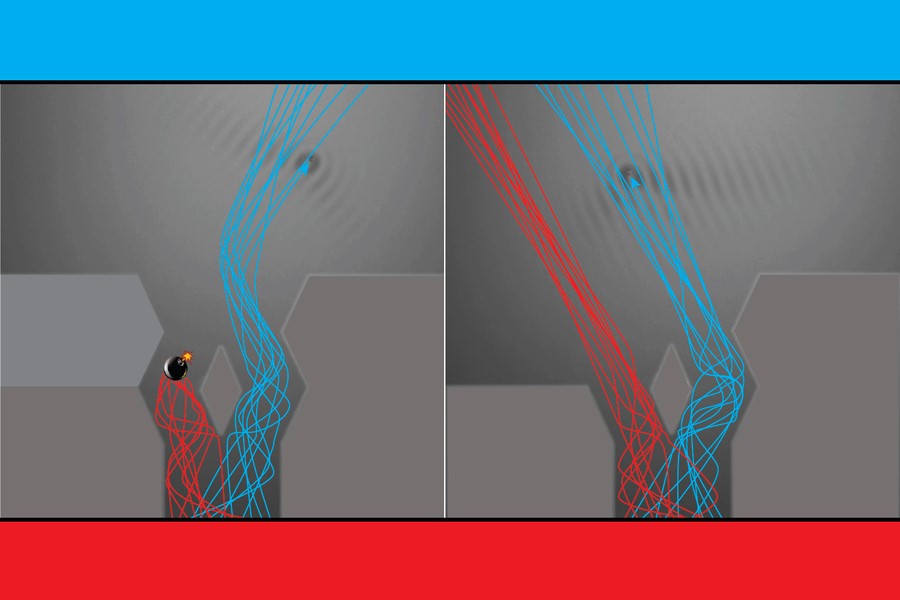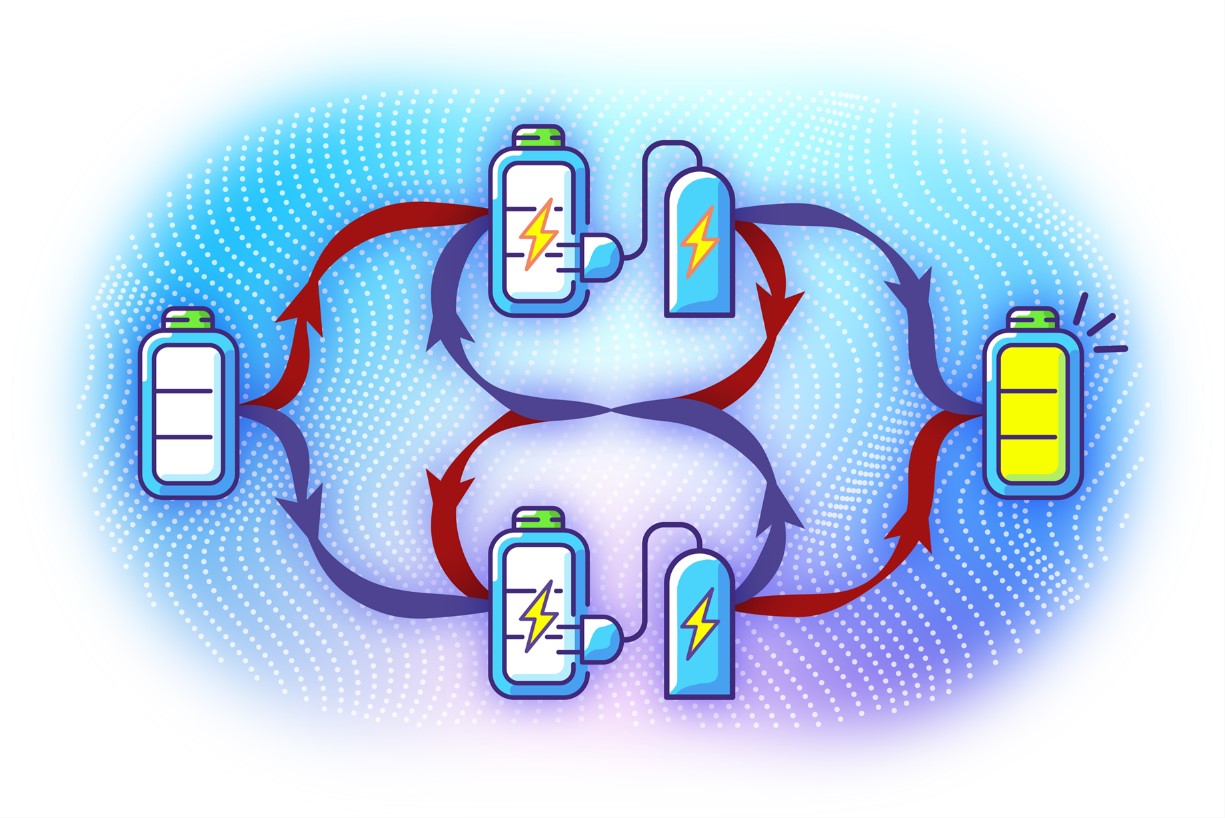Quantum Leap: Chinese Quantum Computer Surpasses AI Speeds by 180 Million Times, Led by 'Father of Quantum' Pan Jianwei
Scientists in China have achieved yet another significant milestone in the field of quantum computing. They have announced that their quantum device, named Jiuzhang, is capable of performing tasks commonly used in artificial intelligence a staggering 180 million times faster than the world's most powerful supercomputer.
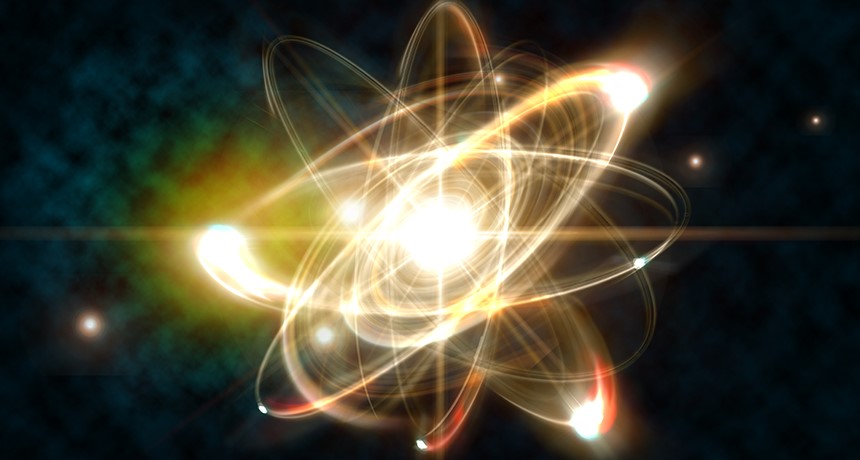
Figure 1. Quantum Speed.
Figure 1 is an illustration of quantum speed. The applications of Jiuzhang's computational power extend to various domains such as data mining, biological information, network analysis, and chemical modeling research, according to the researchers involved in the project. This breakthrough represents a step forward in utilizing existing noisy intermediate-scale quantum computers to solve real-world problems.
Led by renowned physicist Pan Jianwei, often referred to as China's "father of quantum," the team published their findings in the peer-reviewed journal Physical Review Letters. In their experiment, they employed Jiuzhang to tackle a challenging problem that typically poses difficulties for classical computers. By utilizing over 200,000 samples, they successfully solved the problem in a fraction of a second.
The researchers accomplished a significant feat by implementing and accelerating two commonly used algorithms in AI, namely random search and simulated annealing, using Jiuzhang. Comparatively, the world's fastest classical supercomputer would require around 700 seconds for each sample, resulting in nearly five years to process the same number of samples. Jiuzhang, on the other hand, completed the task in less than a second.
Physics, a magazine from the American Physical Society reporting on papers from the Physical Review journals, published a synopsis article discussing the team's achievement. The article highlighted that the result expands the list of tasks for which today's noisy quantum computers hold an advantage over classical computers. Previous challenges to claims of quantum advantage were often based on the argument that the quantum computer was not competing against the best classical algorithm for the specific task. The question of whether Jiuzhang can maintain an advantage over classical algorithms optimized for solving graph problems remains open.
Quantum computing operates on the principles of quantum mechanics, where qubits represent the basic units of information. Unlike classical computing, where bits can only be in the state of zero or one, qubits can exist in multiple states simultaneously, thanks to the phenomenon known as superposition. This property enables quantum computers to offer tremendous computational speed and power.
However, quantum systems are delicate and susceptible to errors when exposed to even slight disturbances from the environment. To mitigate this, most quantum computers operate in extremely cold and isolated conditions. In contrast, Jiuzhang, named after an ancient Chinese mathematical text, utilizes light as the physical medium for calculations. Notably, Jiuzhang's design allows it to operate with stability for extended periods without requiring extremely low temperatures, distinguishing it from other quantum computers.
This latest achievement in quantum computing by the Chinese team underscores the remarkable progress being made in the field. The implications of their work have far-reaching consequences, potentially revolutionizing various industries that rely on AI and computational power. As the global quantum race continues, researchers are continually striving to overcome challenges and unlock the full potential of quantum computers for practical applications.
Source: South China Morning Post
Cite this article:
Hana M (2023), Quantum Leap: Chinese Quantum Computer Surpasses AI Speeds by 180 Million Times, Led by 'Father of Quantum' Pan Jianwei, AnaTechMaz, pp.128


